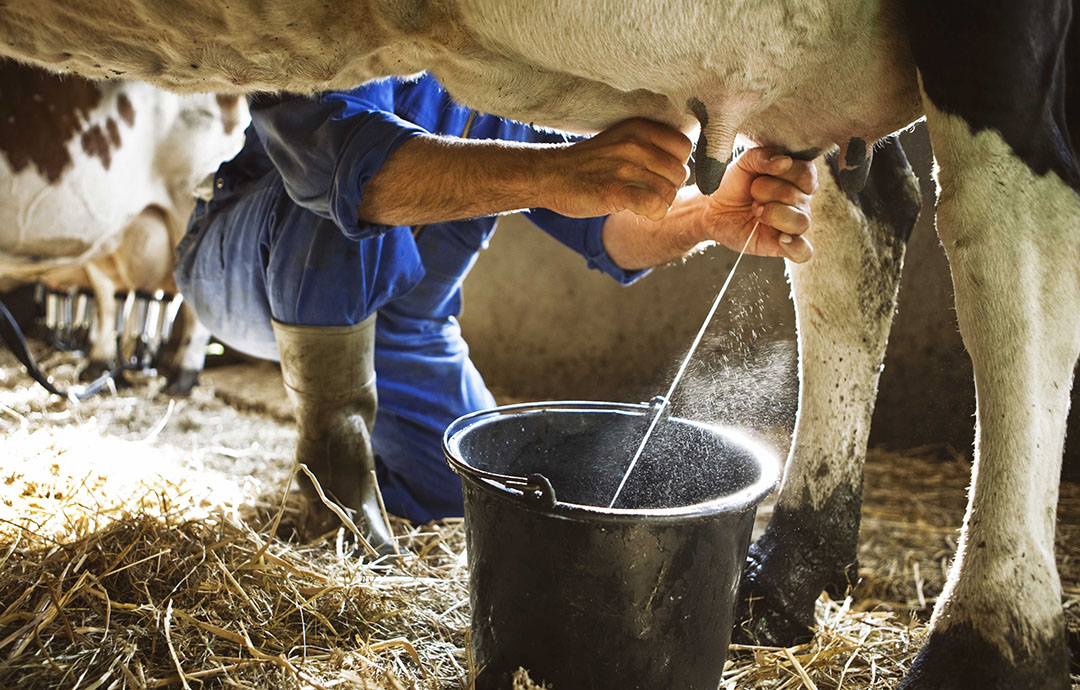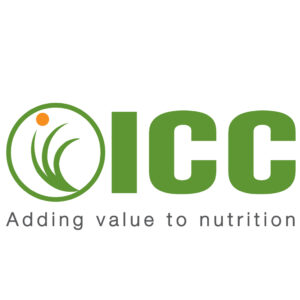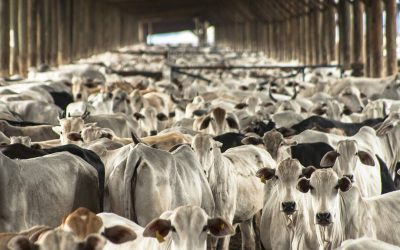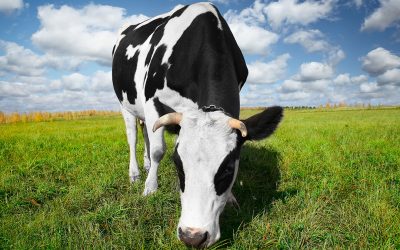Improving milk production with yeast

Several studies have confirmed adding a pure yeast from Saccharomyces cerevisiae can increase milk production and reduce mycotoxin contamination in milk.
In the last decades, dairy farming has undergone major transformations which involve improvements in animal nutrition, health and welfare, quality and added value to the final product. According to FAO (2019), global milk production in 2019 reached 852 million tons, an increase of 1.4% compared to 2018 – this number account for main producers from India, Pakistan, Brazil, European Union, Russian Federation and USA.
However, there are many challenges in the field that may lead to stress peaks in animals and impair the production and quality of milk. Therefore, it is key that dairy cows have their immune system strengthened so that they can respond more efficiently to sudden events imposed by intensive production on a daily basis.
S. cerevisiae: Several positive benefits
In this context, in addition to thinking about improving immunity, we must think about rumen nutrition and health, considering that the rumen with a well-nourished, healthy and properly stimulated flora allows higher productivity rates associated with better animal health.
The use of functional ingredients that provide improved animal health and performance gains tend to become essential items in the dairy cattle diet. RumenYeast is a pure yeast from Saccharomyces cerevisiae that goes through the autolysis process in which the end product consists of vitamins, peptides, free amino acids, and functional carbohydrates, such as MOS and β-glucans. RumenYeast offers the perfect nutrition for the ruminal microbiota because, in addition to promoting intestinal health and strengthening the immune system, it acts by maintaining the pH and stimulating cellulolytic bacteria, thus improving rumen conditions.
Several studies have shown that RumenYeast can increase milk production by +2 kg/cow/day (Figure 1), as well as, reduce SCC (Table 1), and also decrease mycotoxin contamination in milk (Figure 2).
Figure 1 – Milk production in cows that received diets supplemented with RumenYeast worldwide.

View a larger image of the map here
In the study by Gonçalves et al. (2017), at the University of São Paulo (Pirassununga-SP, Brazil), dairy cows were challenged with AFB1 in order to evaluate the effect of different yeast-based additives on the excretion of AFM1 in milk. Aflatoxin was administered orally – 2 capsules containing 120 μg AFB1 each – immediately after milking in the morning and afternoon (totaling 480 μg AFB1 per day), for 6 consecutive days (starting on day 1 of the experiment). Additives were administered – 20 g/head/day – for 7 consecutive days, starting on day 4 of the experiment. Results showed that RumenYeast performed better than other products as it reduced the percentage levels of transfer of AFM1 to milk (Figure 2).
Improving quantity and quality of milk
For the current dairy market scenario, improving the quantity of milk production must be associated with the quality of the product and this, in turn, is related to animal welfare. Combining proper rumen nutrition with strengthening the animal’s immune system provide higher production and daily quality of milk, in addition to reducing concerns about the presence of residues in milk, an important factor in conquering an increasingly demanding consumer market.
References available on request
By Liliana Borges and Melina Bonato, R&D, ICC Brazil






